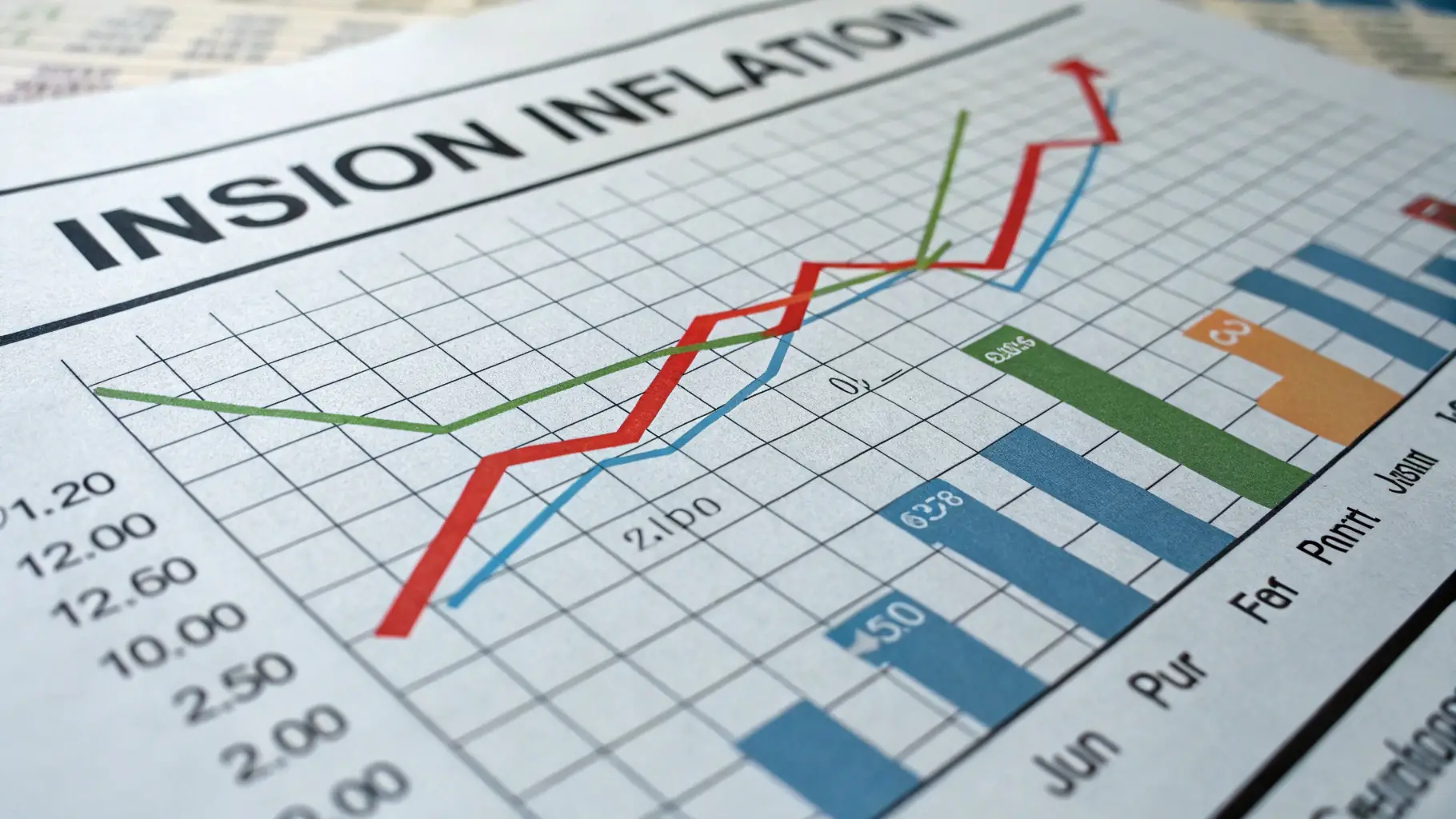Inflationary pressures are mounting across various sectors, from energy to food, causing a ripple effect throughout global economies. This surge in prices is impacting consumer spending, business investments, and overall economic growth. The interconnected nature of global markets means that inflationary pressures in one region can quickly spread to others, creating a complex web of challenges. Governments and central banks are actively working to mitigate the effects of inflation, but the long-term consequences remain uncertain. Several factors contribute to the current inflationary environment, including supply chain disruptions, geopolitical tensions, and increased demand. These factors are creating a volatile economic landscape, making it difficult for businesses to plan and for consumers to budget. The impact on developing nations is particularly concerning, as they often lack the resources to absorb these shocks. The potential for stagflation, a combination of high inflation and slow economic growth, is a significant concern for policymakers worldwide. The global response to inflation is varied, with some countries opting for aggressive interest rate hikes to curb price increases. Others are focusing on measures to bolster supply chains and increase domestic production. The effectiveness of these strategies remains to be seen, and the global community is closely monitoring the evolving situation. International cooperation and coordination are crucial to navigating this complex economic challenge effectively. The long-term consequences of inflation will depend on the effectiveness of these responses and the resilience of global economies.
Lifestyle Blogging: Finding Your Niche
Lifestyle bloggers are finding success by focusing on specific niches, such as sustainable living, minimalist



